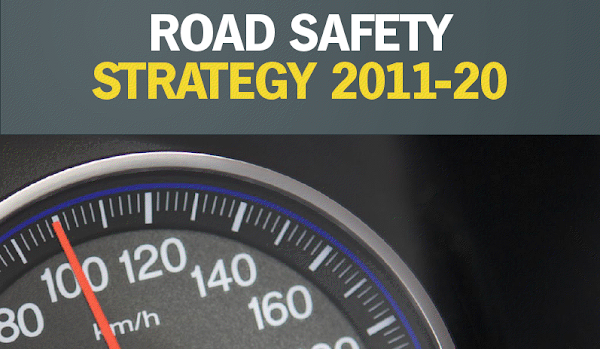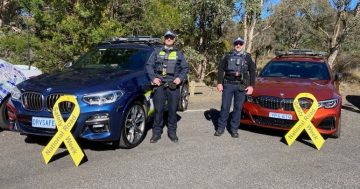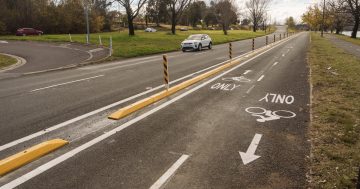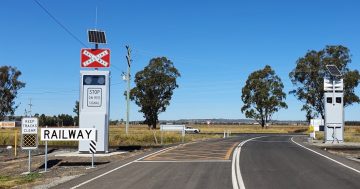
Simon Corbell has announced a new road safety strategy in pursuit of his vision zero.
Mr Corbell tabled the ACT Road Safety Strategy 2011-2020 and ACT Road Safety Action Plan 2011-2013 in the Legislative Assembly today.
“The strategy outlines the key goals for road safety in the ACT over the next 10 years, including a reduction in ACT road trauma of 30% to meet national road safety strategy objectives,” Mr Corbell said.
“Despite a generally good road safety record, each year an average of 14 people are killed and 565 people are injured on ACT roads.
“This strategy is influenced by the Swedish Government?s „Vision Zero? policy, which ultimately aims for no one being killed or seriously injured within the road transport system,” Mr Corbell said.
Until we all start doing an annual remedial driving lesson (needn’t be an exam, just an hour in the car driving around with an instructor) I can’t see anything seriously getting fixed.
UPDATE: We’ve now got a copy of the strategy for your perusal.





















